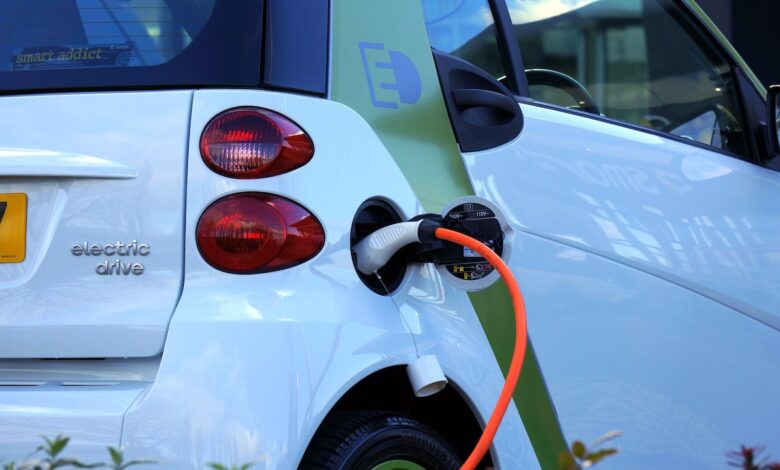
A new chapter in the electric vehicle (EV) sector has begun, as two Chinese car manufacturers recently unveiled sodium-ion–powered EVs, moving away from lithium, the metal that has transformed the industry. This technological breakthrough has led to concerns about Western companies losing their grip on sodium-ion battery innovation in China, which could result in a competitive disadvantage in the quickly growing EV market. The switch to sodium-ion batteries for electric vehicles could potentially reduce costs and reliance on scarce lithium resources, offering significant opportunities for the automotive industry. However, as Chinese companies lead the way in developing and implementing this cutting-edge technology, Western counterparts must invest in research and development to maintain their stance in the global EV market and not fall behind in this emerging space.
Benefits of sodium-ion batteries
Introducing sodium-ion batteries in these new vehicles signifies a significant departure from the widely used lithium-ion batteries in the EV industry. Sodium-ion batteries offer several benefits over lithium-based batteries, such as the abundance of sodium, making them more sustainable and affordable. Furthermore, these batteries typically perform better in extreme temperatures, making them an appealing choice for electric vehicles in diverse environments. Additionally, sodium-ion batteries have a longer life cycle, reducing the need for frequent replacements and reducing overall environmental impact. This cutting-edge technology also possesses faster charging capabilities, ultimately enhancing the user experience and convenience for electric vehicle owners.
Competitiveness in the EV market
The adoption of this technology by Chinese car manufacturers has initiated discussions about the competitiveness of the EV market, specifically about battery technology. As China seems to be leading the charge, concerns have emerged that Western companies are lagging in pursuing the potential advantages of sodium-ion batteries. These apprehensions are valid, considering that a shift to sodium-ion batteries could potentially lower production costs and improve the overall efficiency of electric vehicles. Therefore, Western companies must invest in research and development to keep up with the competition, or they risk falling behind in a rapidly growing industry that has the potential to reshape the automotive market.
Adapting to technological improvements
As the global demand for electric vehicles is expected to soar in the coming decades, Western manufacturers must act promptly to embrace and adjust to these technological improvements to maintain their place in the continuously growing EV market. Failure to adapt to the changing landscape could result in significant losses as more environmentally-conscious consumers shift their purchases towards eco-friendly vehicles. Companies that embrace innovation and participate in the global shift towards electric vehicles will ultimately benefit from brand loyalty, reduced environmental impact, and increased competitive advantage in the expanding market.
Sustainable practices will necessitate investment in research and development, strategic collaborations, and a dedication to sustainable practices in the quest for cleaner, more eco-friendly transportation options. Increasingly, companies and governments are recognizing the importance of these efforts, as demonstrated by the rise of electric vehicle adoption, the push for improved public transit, and the development of innovative transportation technologies.
The recent unveiling of sodium-ion–powered electric vehicles by Chinese car manufacturers has underscored the need for Western companies to keep pace with advancements in battery innovation. This breakthrough in sodium-ion battery technology presents a compelling alternative to traditional lithium-ion batteries, offering benefits such as cost-efficiency and a wider availability of resources.
Featured Image Credit: Mike Bird; Pexels
Source link




